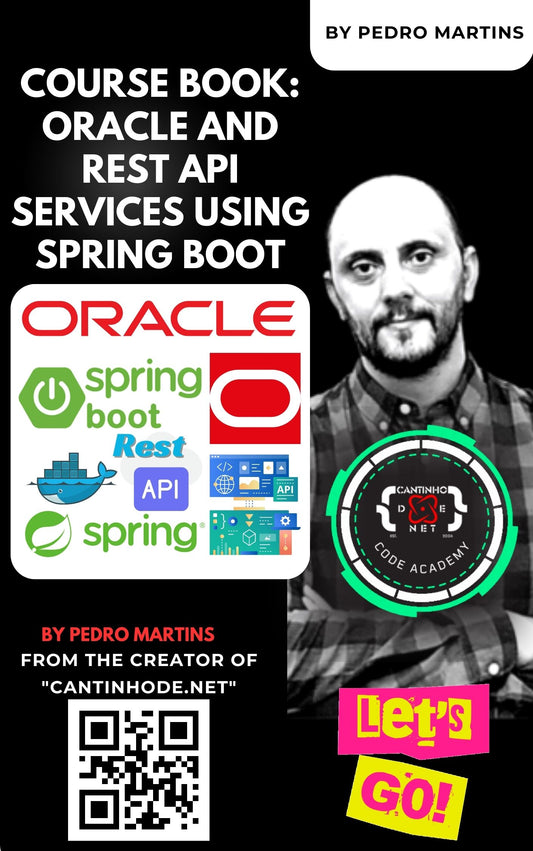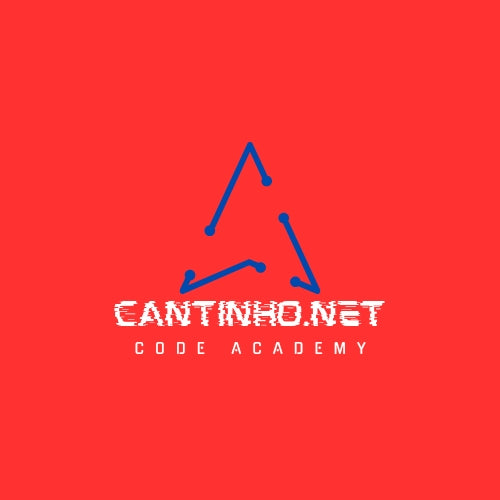Why Docker is a Crucial Solution for DevOps Efficiency
In the rapidly evolving landscape of software development, DevOps has emerged as a pivotal methodology, aiming to unify development (Dev) and operations (Ops) through increased collaboration, automation, and faster delivery cycles. Docker, with its innovative containerization technology, stands out as an instrumental tool in realizing the full potential of DevOps practices. Here’s an in-depth look at why Docker is so valuable in a DevOps context.
Consistency Across Environments
One of the foundational benefits Docker offers is its ability to ensure consistency across different computing environments. By packaging code along with all its dependencies into containers, Docker guarantees that software runs reliably whether it’s on a developer’s laptop, a test environment, or in production. This addresses the common challenge of discrepancies between environments, colloquially known as the “it works on my machine” problem, facilitating smoother transitions through the development lifecycle.
Rapid Deployment and Scaling
The agility of Docker containers, capable of starting in milliseconds, directly aligns with the DevOps goal of rapid and continuous deployment. This speed allows teams to quickly release new features, apply fixes, and respond to user needs or system demands by easily scaling services up or down. Such responsiveness is crucial for maintaining competitive edge and ensuring user satisfaction in today’s fast-paced digital marketplace.
Resource Efficiency
Docker’s approach to containerization is inherently more resource-efficient than traditional virtual machines (VMs) because containers share the host system’s kernel, and where possible, binaries and libraries. This efficient use of system resources translates into significant cost savings and the ability to run more applications on existing hardware, optimizing both performance and budget.
Isolation and Security
Containers in Docker are isolated from each other, providing a secure environment where applications can run independently. This isolation is key to managing dependencies and ensuring that applications don’t interfere with one another, enhancing both security and stability of the overall system.
Enabling Microservices Architecture
Docker is particularly adept at supporting microservices architectures, which decompose applications into smaller, independent services. This architectural style is a bedrock of modern DevOps, promoting flexibility, scalability, and resilience. Docker facilitates the development, deployment, and scaling of these microservices, streamlining the management of complex applications.
Integration with DevOps Toolchains
Docker doesn’t exist in isolation but rather integrates seamlessly with a broad ecosystem of DevOps tools, such as Jenkins, GitLab, and Kubernetes. This compatibility allows for the automation of deployment, scaling, and management processes, making it easier to implement continuous integration and continuous deployment (CI/CD) pipelines—cornerstones of effective DevOps practices.
Portability Across Platforms
The portability of Docker containers is a significant advantage, enabling them to run on any system that supports Docker, regardless of the underlying OS. This capability facilitates easy transitions from development to production and supports diverse operating environments, further bridging the gap between development and operations teams.
Version Control and Component Reuse
Docker images can be version-controlled, stored in registries, and reused across different projects. This not only simplifies configuration management but also promotes the reuse of software components, accelerating development processes and fostering innovation.
Conclusion
Docker’s contributions to DevOps are multifaceted, touching upon crucial aspects like consistency, efficiency, security, and collaboration. By leveraging Docker, organizations can enhance their DevOps practices, achieving faster delivery times, improved reliability, and better resource management. As businesses continue to seek agility and efficiency in software development, Docker’s role in facilitating these objectives becomes increasingly indispensable.








